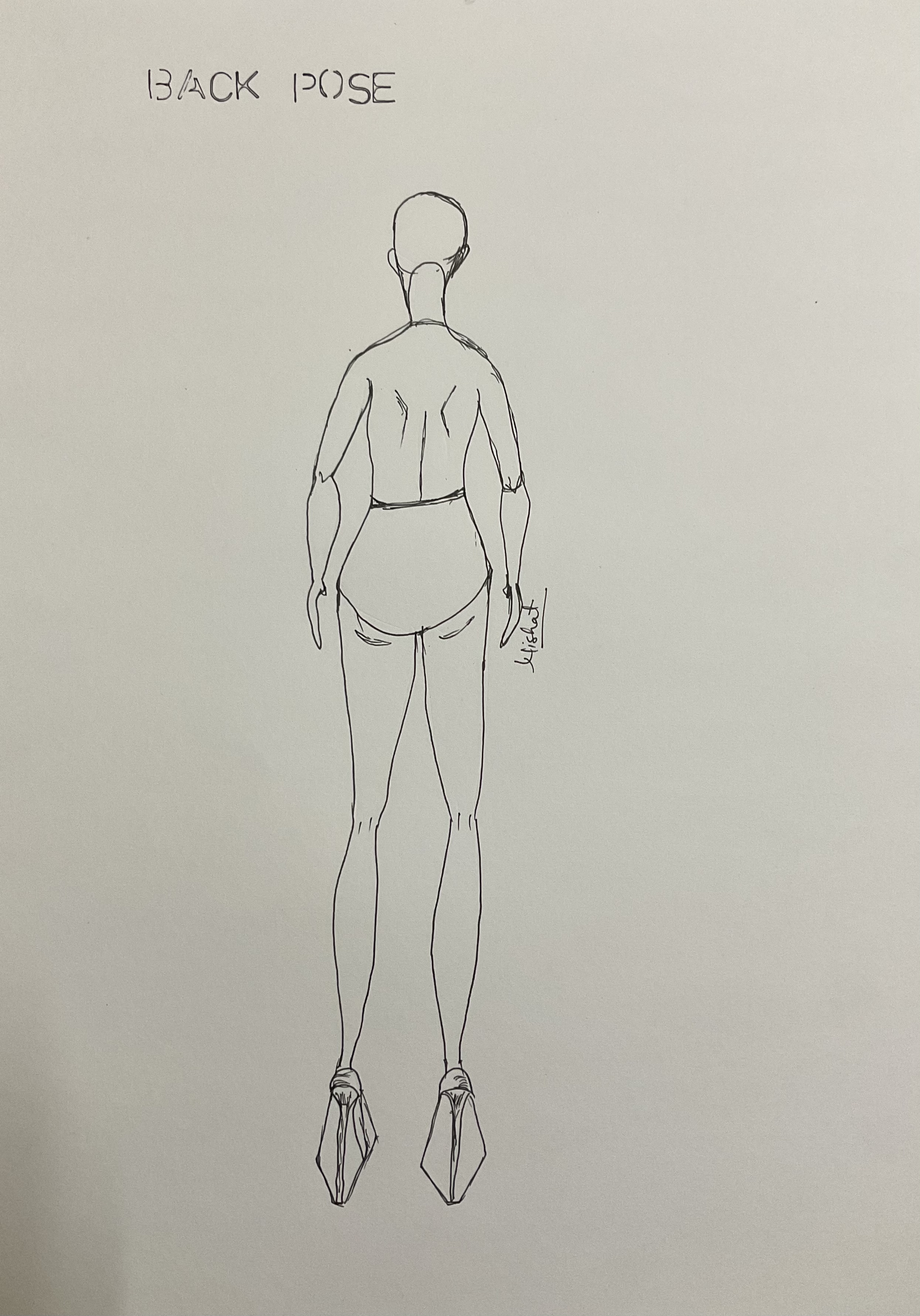Zari embroidery uses a special kind of metal wire which are made from metal ingots. These blocks of steel or ingots are melted and pressed through perforated steel sheets to form wires, which are subsequently hammered to get varied thickness. These flattened threads are even twisted around the silk threads to form the spring like zardosi known as “dabka”. As these threads come in long curled strips they are manually cut using a scissor depending on the design. The plain wires are called “badla” while the round ones are called “kasab”.The glittering effect of these threads were a result of silver. Beside these threads a variety of materials are also used for the embroidery like zari, sequins, beads, small crystals and stones, metallic wires, purl thread, round sequin and even a sequin lace. The process of zardosi embroidery requires the following tools and raw materials for it production: Pencil/Pen: To draw/trace the design on the paper. Ruler: To mark a perpendicular line for sy...


